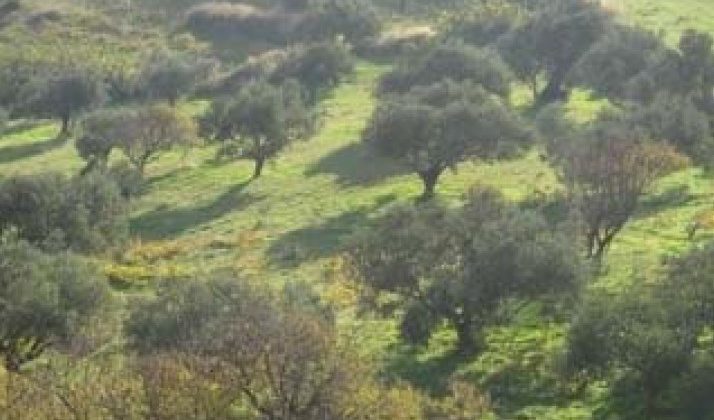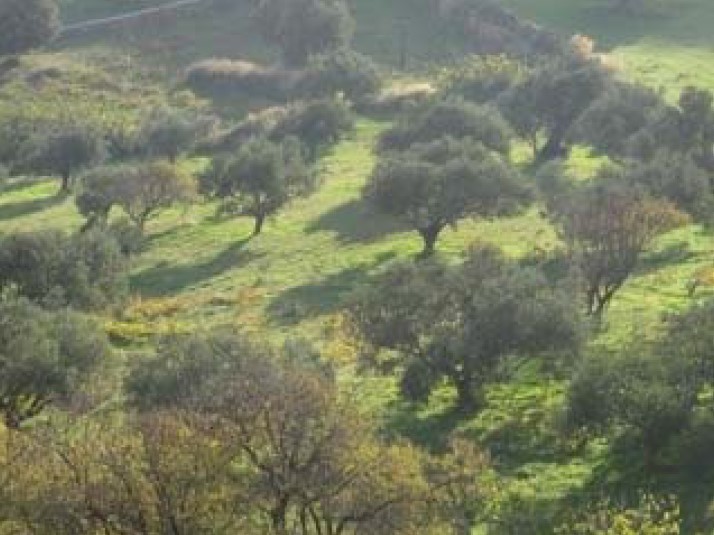
 Visitors and local residents alike admire familiar features of the landscape of Paros, such as its simple but elegant terraces (pezoules), or discover hidden treasures, such as the olive groves of Lefkes with their breathtaking views (see recent photos taken by our members). These beautiful agricultural landscapes are a key ingredient of the beauty and special character of Paros. They are the result of centuries old traditions and hard work which are now under a serious threat by the rapid abandonment of agriculture and the endless spreading of building activity everywhere on the island.
Visitors and local residents alike admire familiar features of the landscape of Paros, such as its simple but elegant terraces (pezoules), or discover hidden treasures, such as the olive groves of Lefkes with their breathtaking views (see recent photos taken by our members). These beautiful agricultural landscapes are a key ingredient of the beauty and special character of Paros. They are the result of centuries old traditions and hard work which are now under a serious threat by the rapid abandonment of agriculture and the endless spreading of building activity everywhere on the island.
Our appreciation of their value to the unique character of the island is not an isolated incident. European policies and programmes for the development of rural areas increasingly recognise the importance of “public goods”, such as the agricultural landscapes, water quality and biodiversity. EU programmes support the provision of such goods by contributing to the economic viability of farming, with the support of a combination of agri‐environmental and other measures.
The multiple value of local farming of course goes beyond its aesthetic contribution and cannot be overstated. It’s a dependable economic activity especially when more modern sectors suffer by the economic crisis, has great environmental protection value such as soil retention, provides locally sourced and flavoursome food, and is interwoven with tourism and local development.
Maintaining the agricultural activities and controlling the overdevelopment of Paros are at the heart of the efforts that the Friends of Paros have been making for nearly 10 years to protect the unique character of the island and achieve a balanced development of high quality.

Leave a Reply